Wetland wildlife
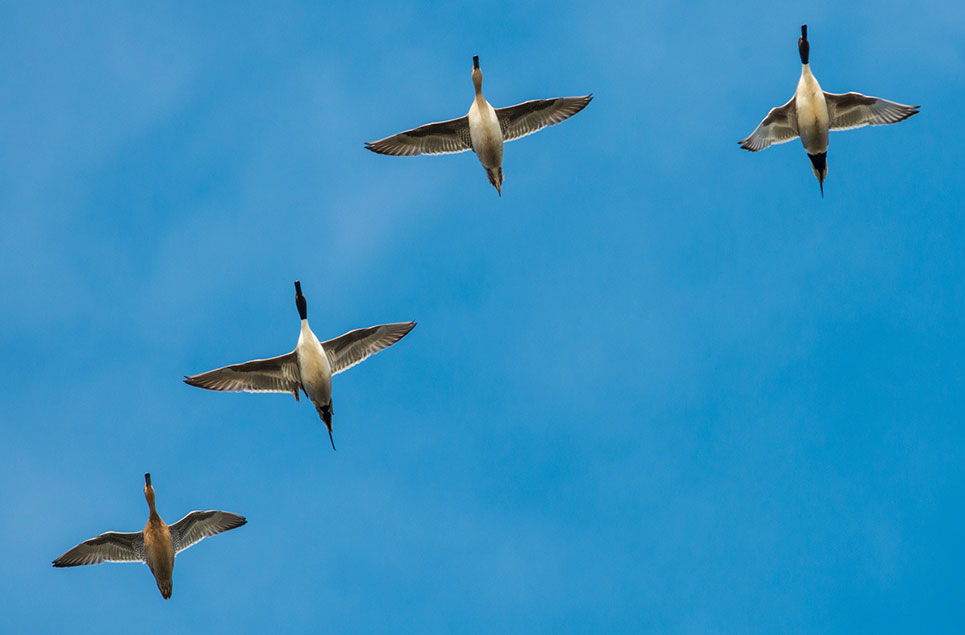
Migrations series: how birds use wetlands as migration service-stations
Migration is one of the biggest events in a bird’s life, and many rely on wetlands to get them home. From well-known wildlife destinations to more modest, muddy wetlands, here are just some of the world’s most important migration stopover sites.
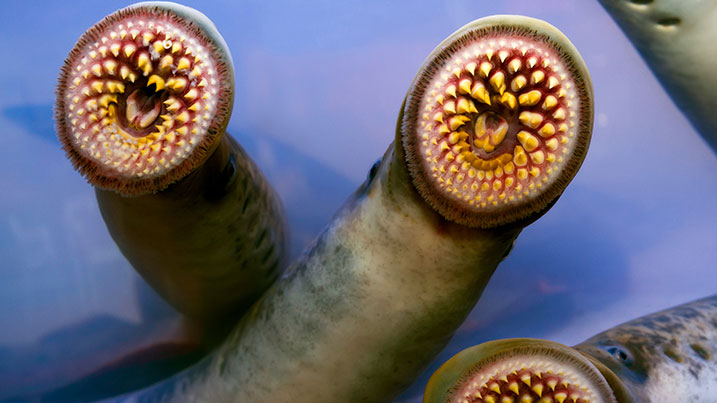
What lies beneath: monsters of the marsh – myths and realities
We’ve sifted through the murky depths of wetlands’ worst to assemble a horror cast of bone-chilling, boggy beasts. Real or not, this line-up is the stuff of nightmares. We dare you to dive below to find out more. Please paddle carefully
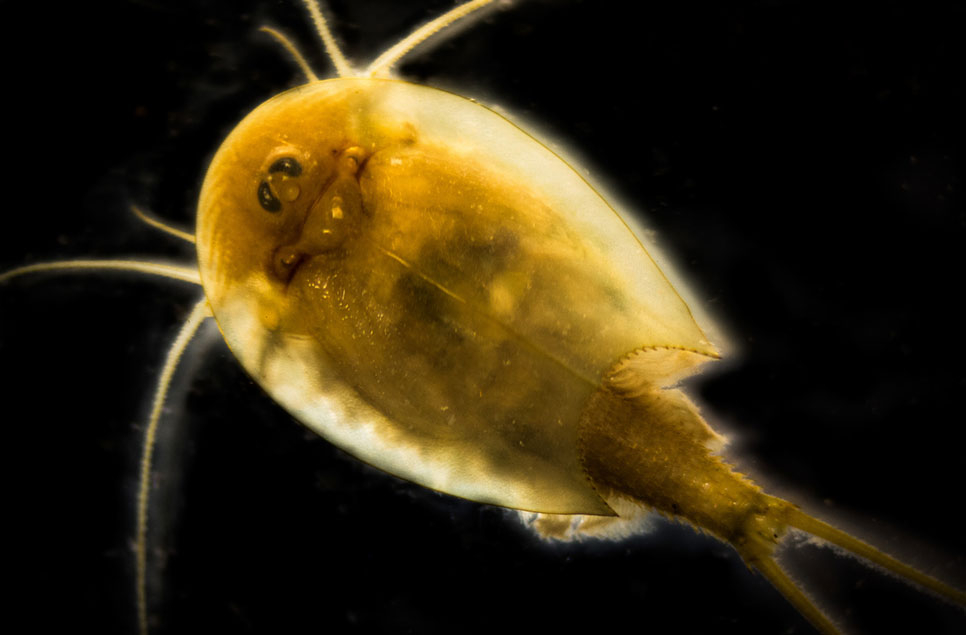
Wetland Warriors: Tadpole shrimp and tardigrades
There are two wetland animals that are unparalleled in their ability to survive whatever is thrown at them; extreme radiation, the vacuum of space… Being microwaved. Yes, it's the unassumingly named water bears and tadpole shrimp.
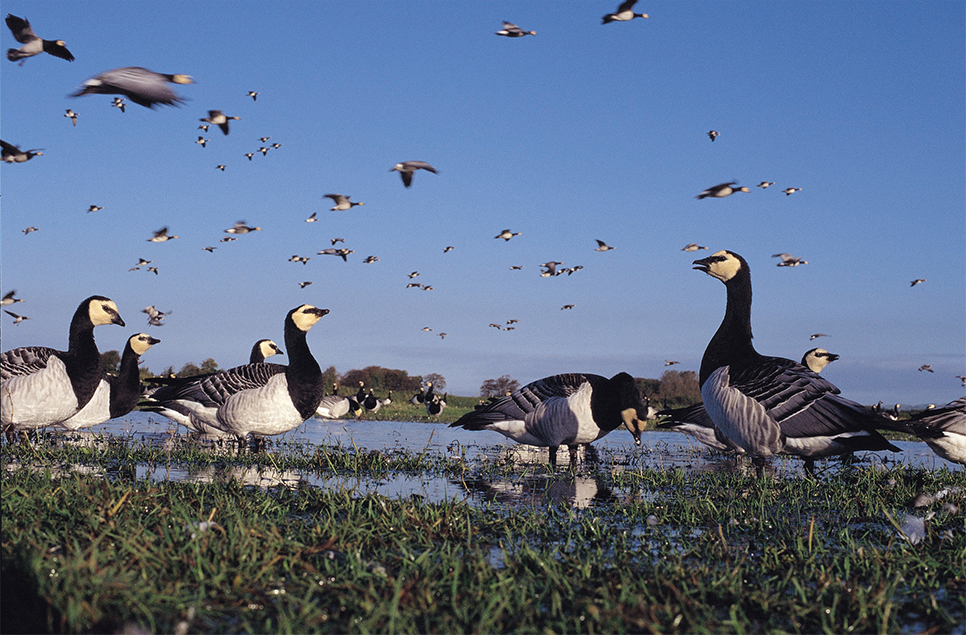
Migrations series: Which birds are arriving in the UK in autumn?
Lively, noisy and often spectacular, winter migratory birds are a welcome sight as the nights draw in, bringing new life to the landscape. Here are a few common migratory species to welcome back.
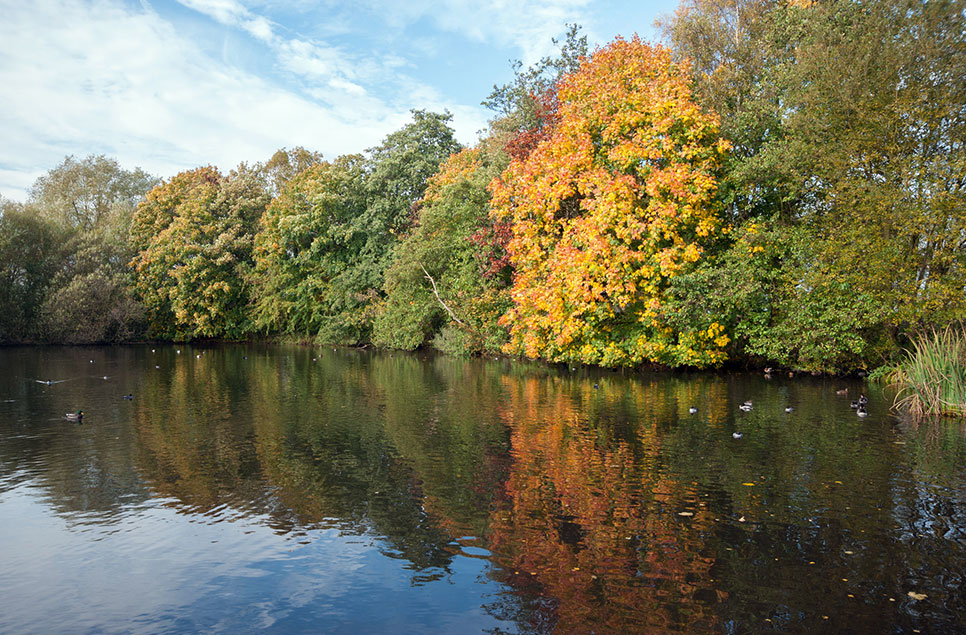
A sanctuary for nature, and for you: explore the UK this autumn
As the weather changes and the temperatures drop, wildlife heads to the nearest wetland. Here birds and animals find a welcome retreat to spend the winter. Take a leaf out of nature’s book and explore one of our wetland centres this autumn.
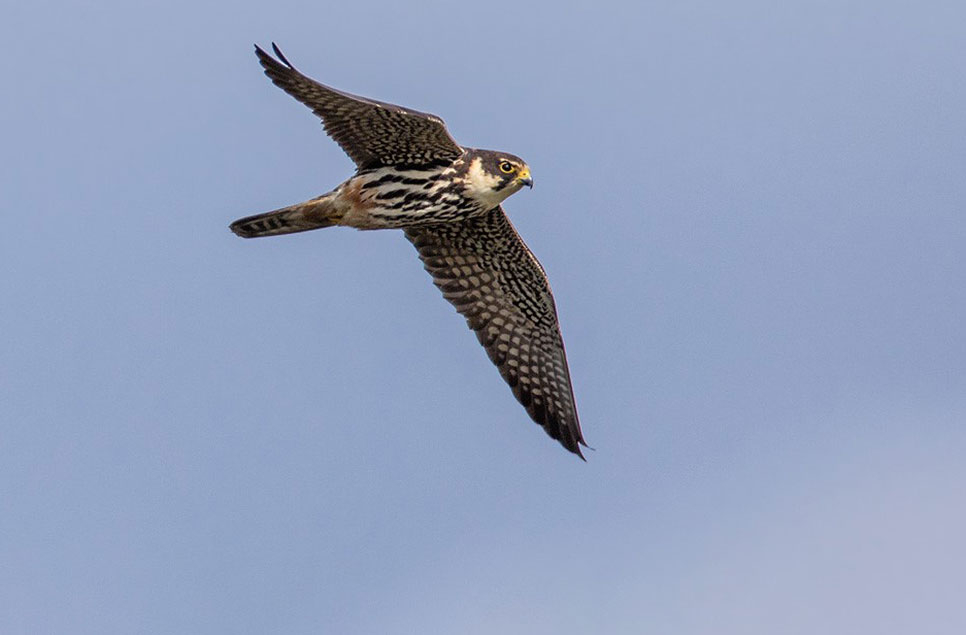
Your window on wetland wildlife - July 2020
Welcome to another roundup of all the latest action on WWT reserves in July.
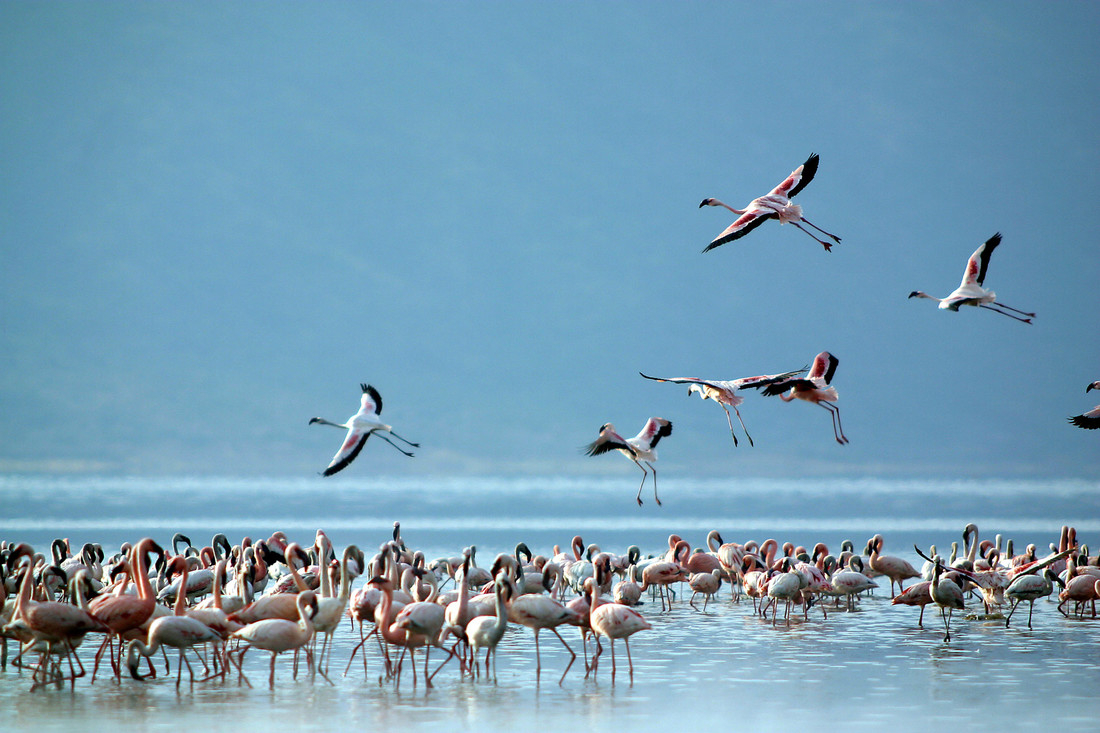
How wetlands can help us and wildlife in hot weather
Every time a heatwave hits, our wetlands become inundated with people and wildlife. Find out more about how wetlands help wildlife deal with extreme hot weather, and how we look after them on our reserves.
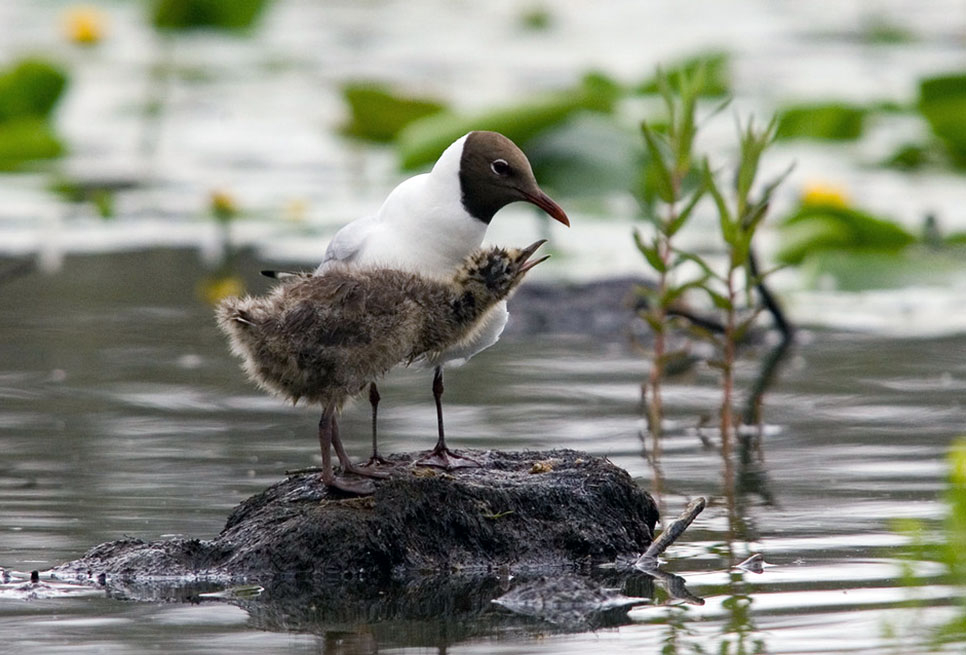
Flying the nest: how we help birds fledge
When young birds have developed their flight muscles and adult flight feathers, they start to leave their parents and the nest; this is known as ‘fledging’. There are a number of ways we can help young, vulnerable birds to fledge.
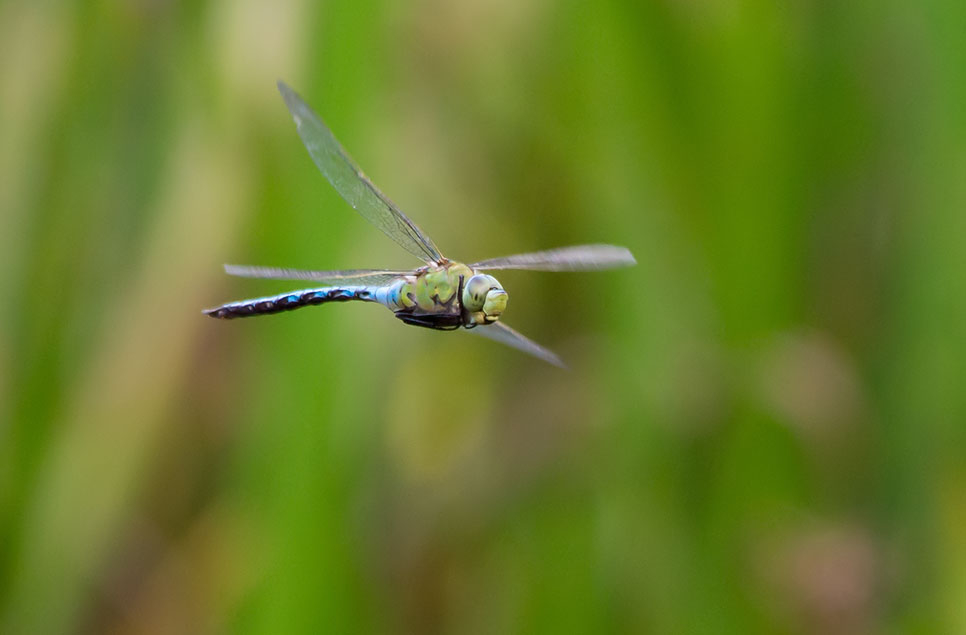
Your window on wetland wildlife - June 2020
Welcome to another round up of all the action we’ve enjoyed seeing across WWT reserves, throughout the month of June
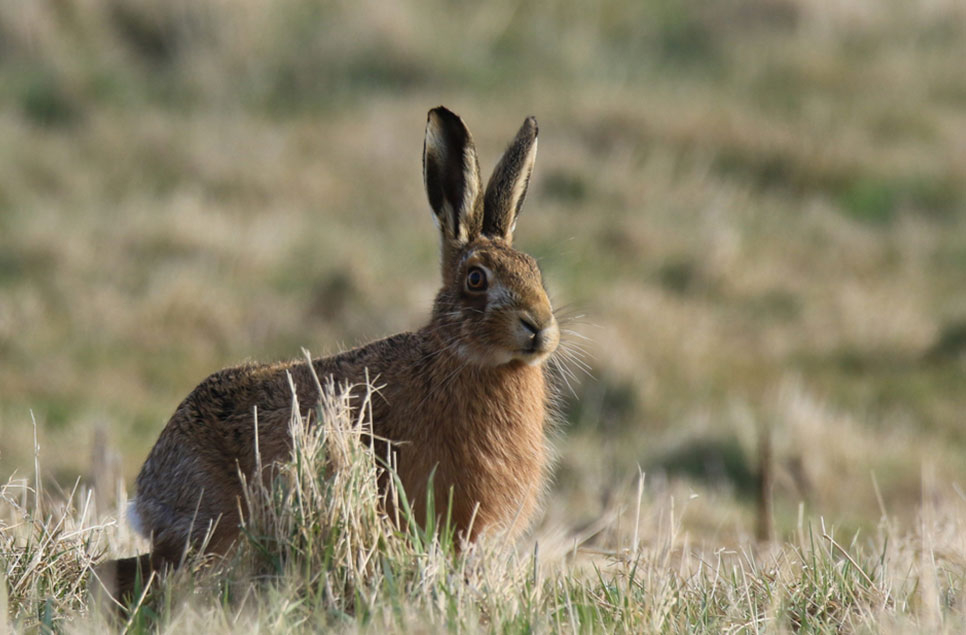
The hare-raising antics of the brown hare
Seeing a hare is a very special sight, and one of the star attractions at WWT Welney. They are full of personality and not a little bit fiery! Learn more about their fascinating behaviour and lives.
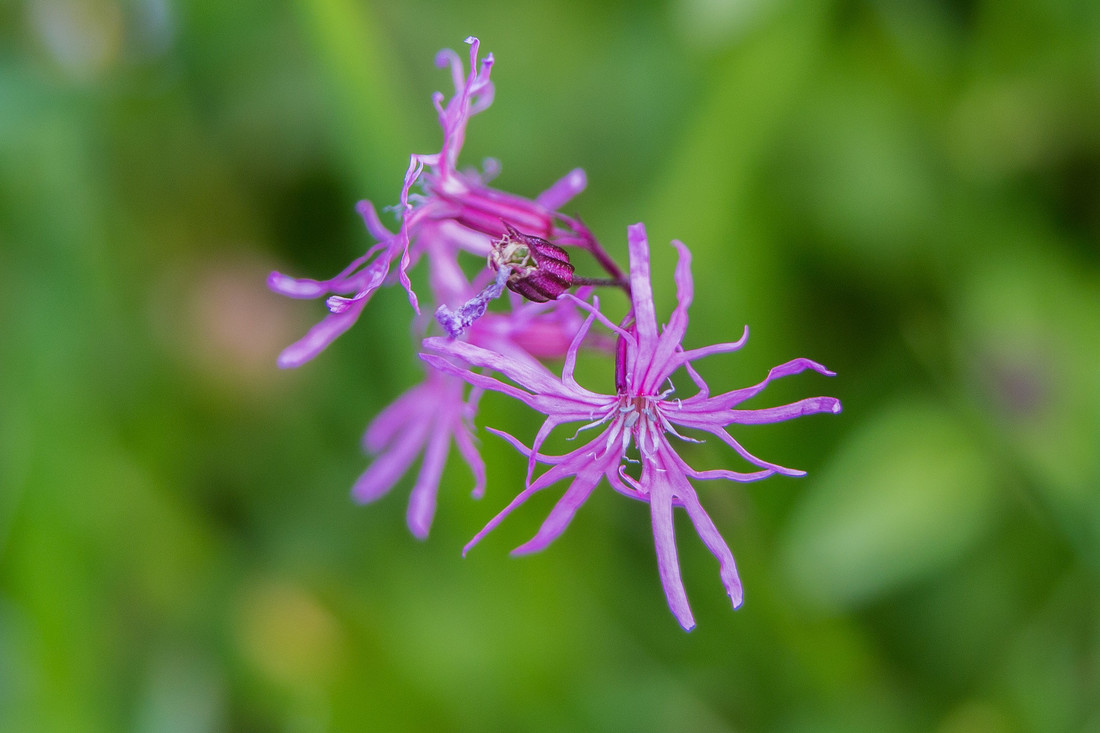
Common wetland wildflowers to spot in spring and summer
If you visit a WWT reserve in the spring or summer, you’ll see a huge range of wildflowers blooming. Here is a quick guide to some common (and more uncommon) wetland wildflowers you might see.
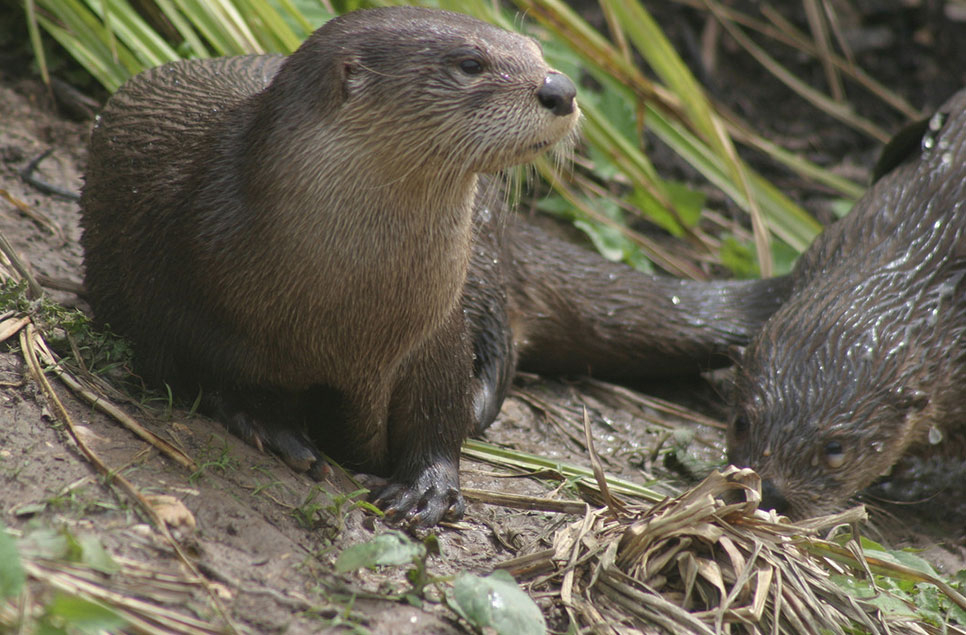
The Keepers' Diaries: Our marvellous mammals
Today we will share what some of our most beloved mammals were up to while our doors were closed, in our second and final captive collection keeper diary entry, from Rosie Griffin, Living Collections Supervisor (Mammals), WWT Slimbridge. Hello! My job
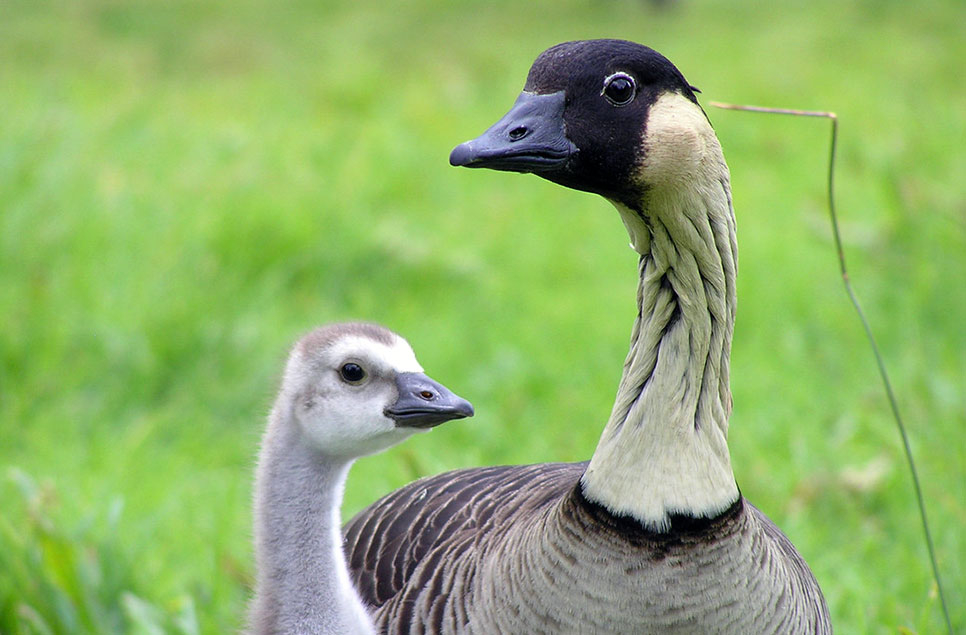
The Keepers' Diaries: Goose on the loose
While we were under lockdown and closed to visitors, we noticed some slightly changed behaviour among our animals, especially among the geese! Some behaviours were more intriguing than others and remarkable enough that we thought you might enjoy reading.
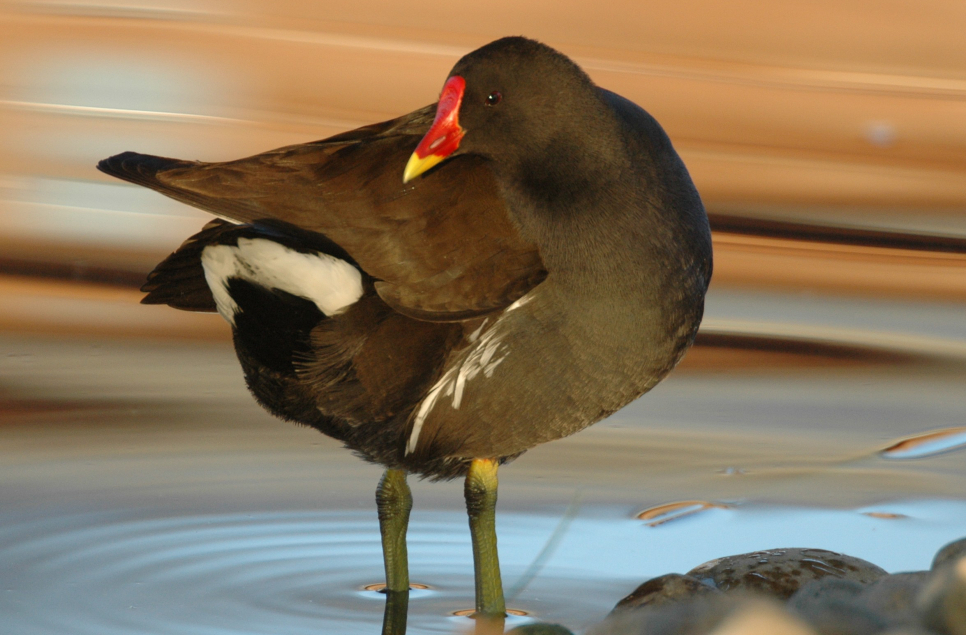
Things you might not know about the humble moorhen
How do you tell the difference between a coot and a moorhen? They actually have quite a few diverse characteristics. Learn more about the life of the humble morning and how they are actually quite complex characters.
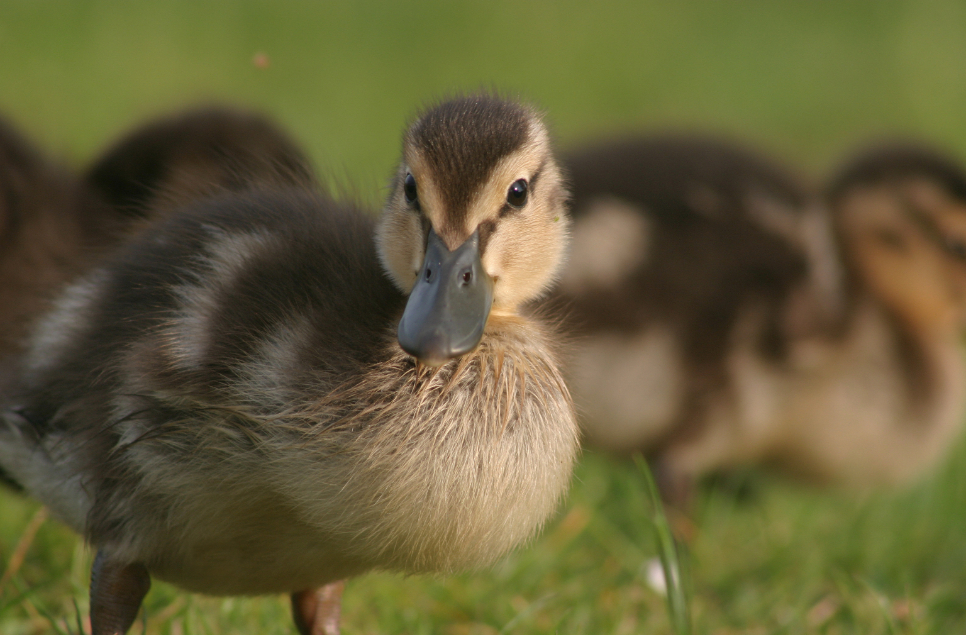
When do mallard ducklings appear?
In spring and summer, ducklings abound on rivers and ponds around the UK. Mallards are caring mums, but their task isn’t easy.